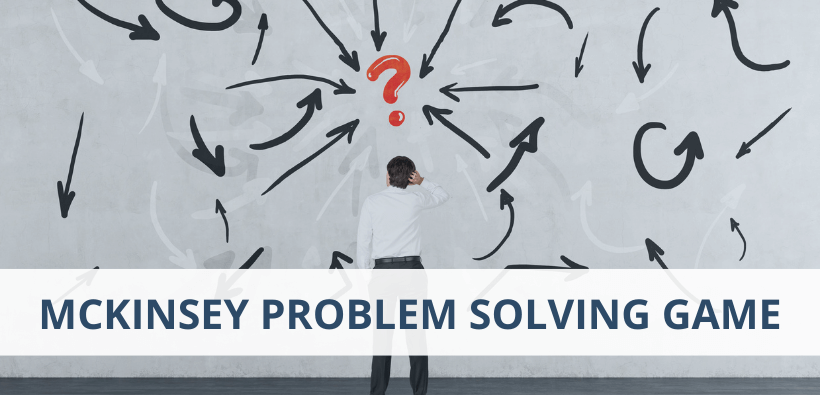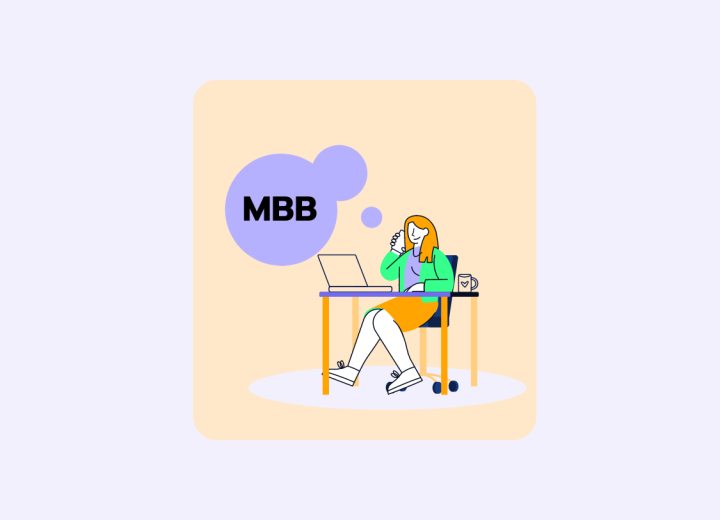Games-based assessments are being used by a number of the top strategy consulting firms now. BCG has partnered with Pymetrics and launched a BCG Online Case, Arctic Shores is working with Strategy& (via PwC), and McKinsey launched their problem-solving game developed with Imbellus in 2019.
The game (officially called Solve, but also referred to as the problem-solving game/PSG, the Imbellus game, or the digital assessment) replaces the in-person, pen-and-paper test that McKinsey has used for many years up until recently (the McKinsey Problem Solving Test). The game proved very effective in assessing candidates more holistically while reducing bias against those unfamiliar with standardized testing and helping scale recruitment during the era of pandemic-driven lockdowns. As of May 2020, it has been used to test 15,000 McKinsey applicants in more than 30 countries. These numbers have undoubtedly grown exponentially since then as more cohorts take the test and McKinsey rolls it out to the rest of its firm network.
Overall games-based assessments are gaining popularity for the ability to filter down the candidate pool in an intuitive, unbiased way that tests both numerical reasoning and logical reasoning skills. The McKinsey digital assessment is used for exactly that purpose.









